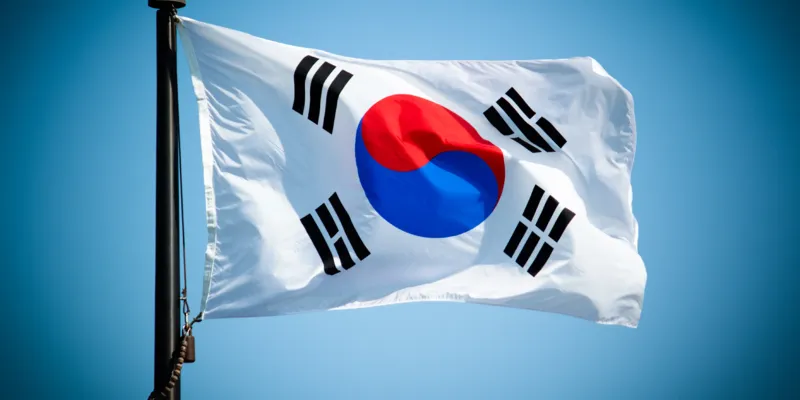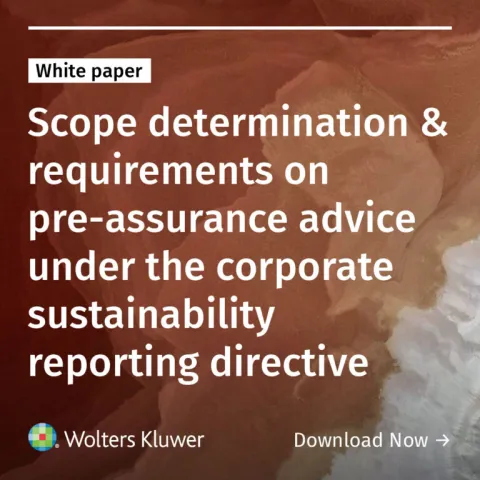The Res Judicata Effect of Prior Awards in an International Arbitration Seated in Korea
October 27, 2025
An international arbitral tribunal seated in Korea addressing the res judicata effect of a prior arbitral award is faced with the question of whether the res judicata effect should be determined in accordance with the procedural law of Korea or in accordance with the autonomous, transnational rules that are suited to international arbitration. While divergent views are possible, Korean commentators seem to favour the latter approach. This is also the approach advocated by the International Law Association (“ILA”) International Commercial Arbitration Committee, whose Final Report on Res Judicata and Arbitration was published in 2009. While there are differences between the approach in Korean procedural law and the transnational approach, the two standards may actually be more similar than typically considered.
ILA’s Recommendations on Res Judicata Effects of Arbitral Awards in Subsequent Arbitrations
ILA’s Recommendations state that an arbitral award that is final and binding in the country where the subsequent arbitration took place shall have both the conclusive and preclusive effects with regard to a claim for relief that was decided upon or disposed of in the arbitral award if the same cause of action is raised between the same parties in a subsequent arbitration. The Recommendations also explain that the res judicata effect applies to the determinations and relief contained in the prior award’s dispositive part as well as in all reasoning necessary thereto. The conclusive and preclusive effects shall extend to the issues of fact or law that have actually been arbitrated and determined by the prior award. Moreover, the preclusive effects of the prior award extend to a claim, cause of action or issue of fact or law that could have been raised, but was not raised in the prior arbitration, provided that the raising of such a claim, cause of action or issue of fact or law in the subsequent arbitration amounts to procedural unfairness or abuse.
These Recommendations are addressed mainly to international arbitral tribunals. They obviously differ from the Korean law rules applicable to the res judicata effect of a prior judgment of the court in subsequent court proceedings.
Comparing Res Judicata Effects: ILA’s Recommendations on Arbitral Awards and Korean Civil Procedure Act Rules
The Korean law rules of res judicata effect of a prior judgment of the court are stipulated in the Civil Procedure Act of Korea, and they are further developed and explained in a number of the Korean Supreme Court cases. While the Korean law rules of res judicata effect of a prior judgment of the court should be distinguished from the ILA’s Recommendations regarding the prior arbitral award’s res judicata effect in further arbitral proceedings, the difference between these two is at times more superficial than real, and it is often easy to overstate the difference.
For instance, Article 216 of the Civil Procedure Act of Korea stipulates that the res judicata effect of a final judgment of the court shall be limited to what is included in the dispositif (i.e., operative order) of the judgment. Thus, Korean commentators generally explain that the reasons stated in the judgment or the determinations of the issues of fact or law (even if they were necessary and essential to arrive at the operative order) shall not have the conclusive effect. To this extent, the Korean law rules of res judicata effect of a judgment have a narrower scope compared to the ILA’s Recommendations for the res judicata effect of an arbitral award.
However, in a series of cases, the Supreme Court of Korea has repeatedly ruled that the preclusive effect of a final judgment extends to all the methods of attack or defence (i.e., arguments which support or deny a claim) which were available before the close of proceedings of the prior lawsuit.1 Thus, parties are precluded from raising such an argument in the subsequent lawsuit to seek a determination that is contradictory to the determination of the issues of fact or law made in the prior judgment. The Supreme Court explained that this rule applies even when the party was unaware that the argument was actually available before the close of the previous proceedings. While the conclusive effect of a final judgment of the court under the Korean procedural law is quite narrow, the preclusive effect of a final judgment of the court is fairly broadly recognised because in the subsequent lawsuit the parties are effectively prevented from seeking to alter the previous court’s determinations of the issues of fact or law by resorting to arguments which were previously available.
Concluding Remarks
An international arbitral tribunal seated in Korea that has to deal with the prior arbitral award’s res judicata effect would have to carefully assess the difference between the autonomous, transnational rules of res judicata effect of an arbitral award and the Korean procedural rules of res judicata. The tribunal would also need to determine whether those Korean procedural rules of res judicata can provide sensible guidance to resolve the dispute about the res judicata effect of an arbitral award.
The author is one of the legal experts in a pending arbitration where the res judicata effect of a prior arbitral award is one of the disputed issues. His expert testimony in the case is limited to the Korean contract law issues, and it does not touch on the topic of the res judicata effect of an arbitral award.
You may also like











